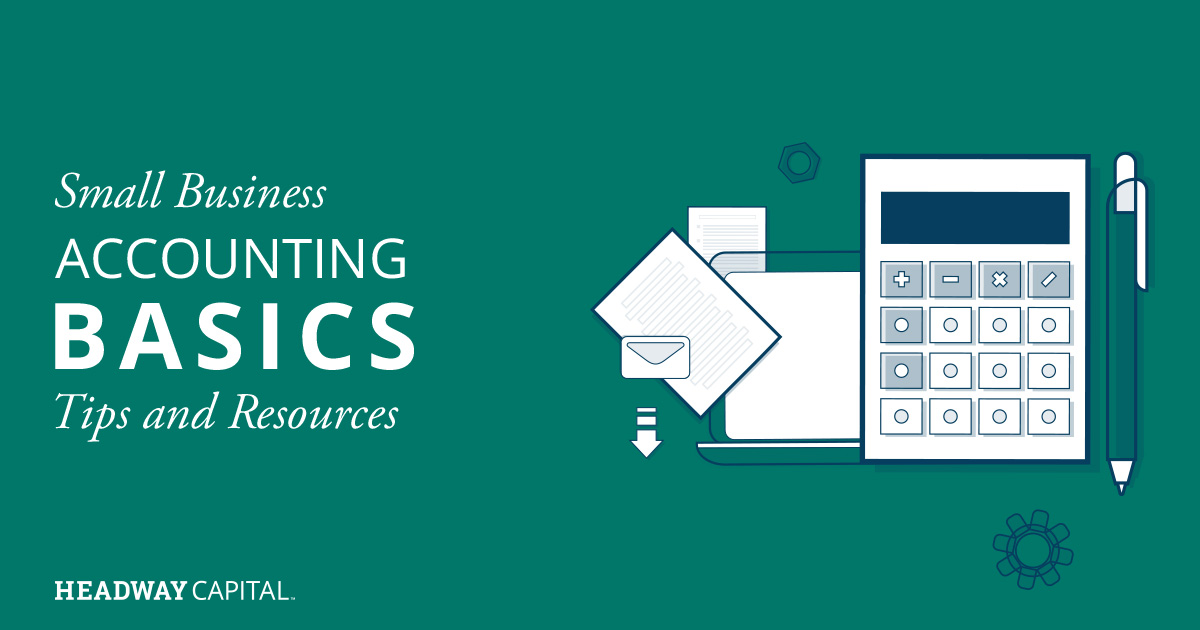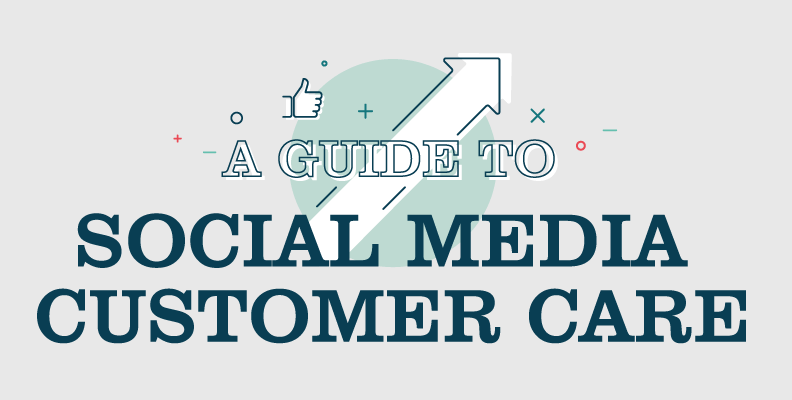Bookkeeping Basics and Resources for Your Small Business
Small business bookkeeping is easily one of the biggest pain points for the typical entrepreneur whose expertise lies outside accounting. But it’s arguably one of the most important areas to carefully manage. After all, your business needs to account for its income and expenses in order for you to have an idea of the general fiscal wellbeing.
Since there are many tasks that you can do yourself to help keep costs down, it’s helpful to at least know the basics of bookkeeping. We’ll walk you through some bookkeeping fundamentals for your small business, along with additional resources to help guide you.
Pay Close Attention to Your Chart of Accounts
A chart of accounts refers to the structure of your financial records in your enterprise. For any business, you’ll have at least a few accounts to keep track of: cash flow, expenses, accounts receivable, wages/salary, etc. Your actual business structure will determine which accounts are important and necessary to use. You can also ask a professional for a suitable chart of accounts for your enterprise.
For example, a graphic designer operating as a business’s sole proprietor would likely need to account for billable client hours and supply expenses (maintained in two separate accounts), but not necessarily real estate assets or rental income.
Without a dedicated chart of accounts, budgeting for and tracking specific business expenditures becomes much more difficult. It also helps your business remain fiscally compliant. Essentially, your chart of account should mirror your business’ budget for each of the allocated expenses.
For more information on setting up a chart of accounts for your business, visit AccountingTools or The Strategic CFO.
Determine Which Accounting Method is Right for Your Business
Whether you use a single- or double-entry accounting system will also come down to your business’ needs. A double-entry accounting system is better suited for more complex businesses, whereas a single-entry accounting system might be all that’s needed for a simple bookkeeping system in a low-volume small business.
You’ll also need to choose between a cash- and accrual-based accounting system. Cash-based accounting systems record transactions when cash actually changes hands, whereas an accrual-based accounting system records the transaction when the sale occurs, such as when you send an invoice to a client (even though they don’t pay immediately). To simplify matters, many small businesses start with a cash-based system and adapt to a more appropriate model as they grow.
Always Record Transactions as Soon as Possible
You’ll need to ensure that you have a solid recordkeeping system. If your transactions aren’t recorded in a timely manner and/or you don’t have an organized system, your finances become much harder to gauge at-a-glance. It’s equally important to hang on to important financial documents like payroll and timesheets, business credit card statements, client invoices, tax records, deposit slips and so on. A scanner and dedicated electronic filing system can help save you a lot of time and hassle down the line.
Electronic accounting software, like QuickBooks, Xero or Wave, for example, provide a user-friendly interface for most non-accountants to easily use. You can also incorporate a basic preformatted Excel template for many of the same tasks, though these manual methods may be better suited for small business owners with more advanced bookkeeping skills.
For more help with setting up your accounting system, payroll or business entity, check out the QuickBooks Resource Center.
Be Prepared for Unexpected Expenses
Regardless of your industry, you’ll likely encounter a time when your expenses exceed your operating cash. But if you have a credit card or business line of credit, you’ll have another option to cover expenses when your cash flow is low. Revolving credit is especially useful for small business owners since you only borrow the amount that you actually need, which can help you save money on interest over time.
Know When to Hire a Professional
Unless you have a solid financial background, there will likely be a time that your business requires the help of an accountant, controller or tax professional. Utilizing an expert for more advanced matters can help you save money on unnecessary expenses, prevent you from being federally audited and/or involved in other potential financial hiccups, like a lagging cash flow.
If you’re looking to keep costs down, many accounting professionals work on a retainer, but you can also hire industry experts on an hourly or fee-based schedule. Keeping your books up-to-date and accurate can also help you save money when the time comes to involve a pro.






